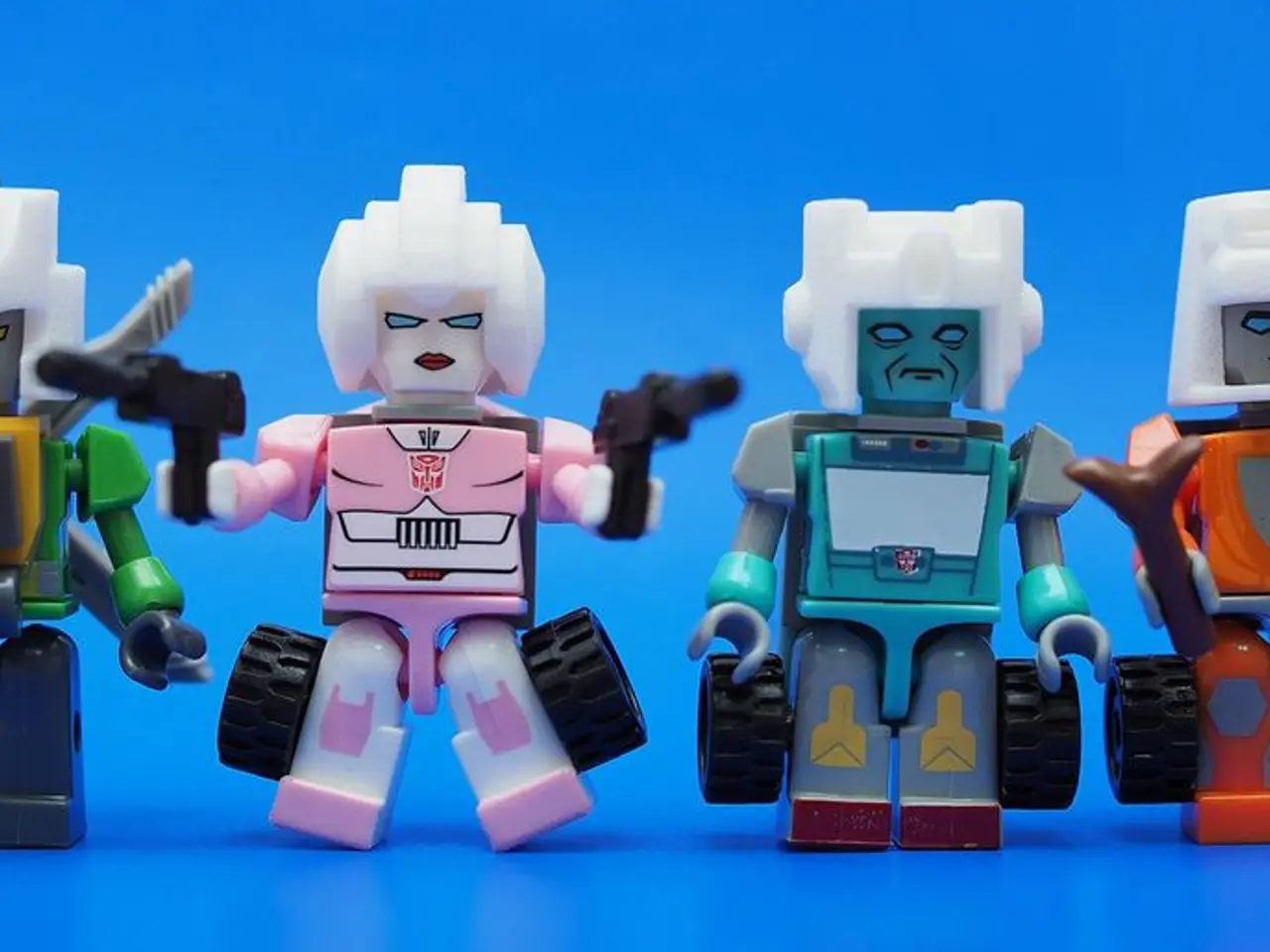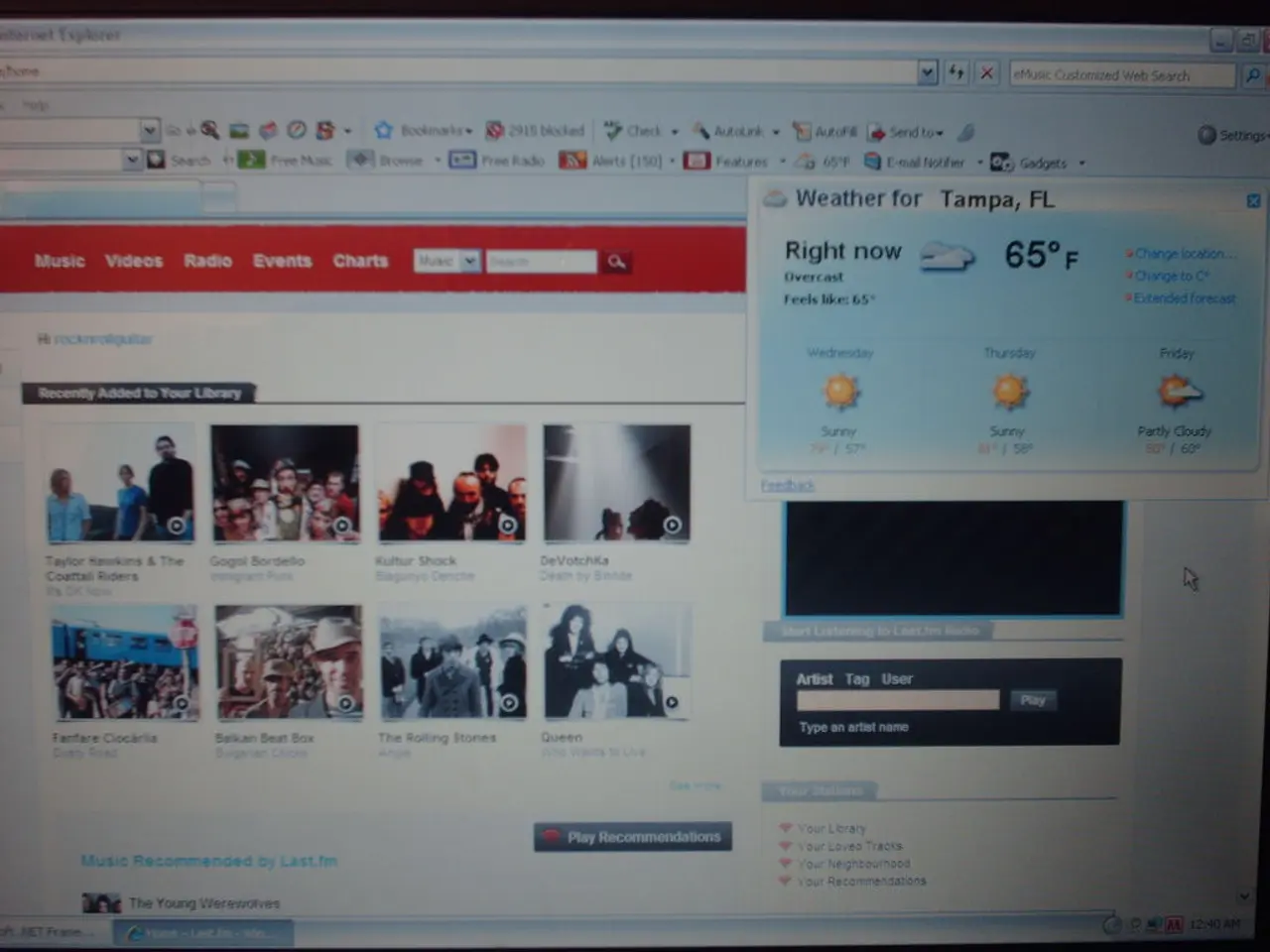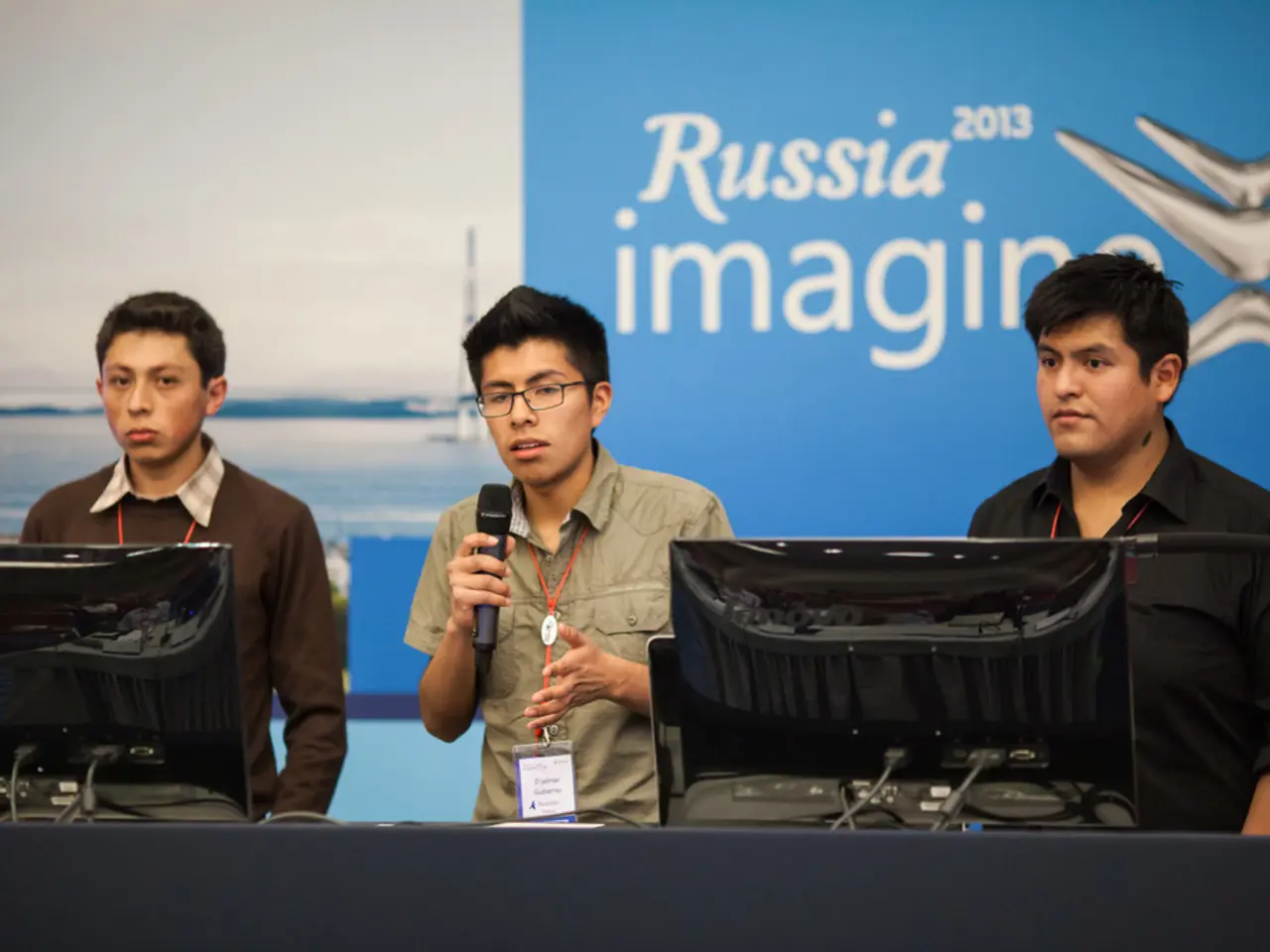Microsoft plans to dismiss approximately 9,000 employees, affecting around 4% of the company's total workforce, bringing the total number of layoffs in 2025 to over 15,000 people.
Microsoft, the tech giant, has announced a global workforce reduction of 9,000 employees, marking one of the company's largest layoff rounds in its history. This move comes amidst a period of financial success and significant investments in artificial intelligence (AI).
The decision to downsize is attributed to several strategic and economic factors. Microsoft has been heavily investing in AI infrastructure, with plans to spend $80 billion on AI this year. This investment necessitates structural changes to ensure efficiency and alignment with AI-driven goals. One such change involves reducing bureaucracy by adjusting managerial layers, a move that can lead to layoffs.
Performance-based layoffs are another factor. Microsoft has implemented this approach to maintain high productivity levels, allowing the company to evaluate employee performance and make adjustments accordingly, which can result in layoffs even for financially successful companies.
The tech industry is facing increased competition and pressure to optimize resources. Companies like Microsoft are responding by streamlining operations and reducing costs. Layoffs are a common strategy to achieve these goals, even if the company is financially successful.
Global economic uncertainty and market fluctuations also play a role. Companies, including successful ones in the tech sector, often reduce their workforce to maintain financial stability and adapt to changing market conditions.
The Xbox division has seen layoffs, highlighting strategic adjustments within specific business units. These layoffs are part of broader restructuring efforts to ensure the company remains competitive in the gaming market.
Despite these layoffs, Microsoft's financial performance remains strong. The company reported $64.7 billion in revenue last quarter, representing a 15% increase, and $245.1 billion for the entire fiscal year, representing a 16% growth YoY. Microsoft claimed to shareholders it had seen positive growth across all of its subdivisions.
However, the gaming revenue has exploded since Microsoft acquired Activision-Blizzard, but Xbox hardware figures have been in near-freefall decline. The gaming operation isn't bearing the brunt of the layoffs this time around, but Xbox's operations in Europe, including King (Candy Crush) and ZeniMax (Fallout), have seen reductions.
The sales and marketing teams in other divisions seem to have been significantly impacted by the layoffs. It is still being researched which departments have been hardest hit by the layoffs, but there is a possibility that engineering may also be taking a hit due to the rise of AI.
The layoffs represent approximately 4% of Microsoft's total global workforce. Former Microsoft CEO Bill Gates stated that AI will "replace humans for most things," and it is unclear if this thinking has influenced the latest layoff round.
Microsoft's early investment in OpenAI has kept it in the game, but the relationship has been under strain as the two firms negotiate to reduce Microsoft's hold on the company. The company is struggling to find its footing in home-grown consumer AI services, with OpenAI and ChatGPT dominating the market.
As Microsoft continues to navigate these challenges, it remains to be seen how the company will balance its financial success with the need for strategic restructuring and adaptation to the ever-changing tech landscape.
- In response to strategic and economic factors, Microsoft, the tech giant, has initiated a global workforce reduction of 9,000 employees, a move that reflects one of the company's largest layoff rounds in its history.
- This decision is based on Microsoft's heavy investment in AI infrastructure, with plans to spend $80 billion on AI this year, necessitating structural changes for efficiency and alignment with AI-driven goals.
- Performance-based layoffs are also part of the strategy, allowing Microsoft to maintain high productivity levels and evaluate employee performance, potentially leading to layoffs.
- The gaming division, such as Xbox, has seen layoffs, hinting at strategic adjustments within specific business units as part of broader restructuring efforts to remain competitive in the gaming market.
- Although Microsoft's financial performance remains strong, sales and marketing teams in other divisions appear to have been significantly impacted by the layoffs, with engineering possibly experiencing a hit due to the rise of AI.
- Microsoft's relationship with OpenAI, an early investment meant to keep the company in the AI market, has been under strain as both firms negotiate to reduce Microsoft's hold on the company, while Microsoft struggles to establish its footing in home-grown consumer AI services, with OpenAI and ChatGPT dominating the market.




